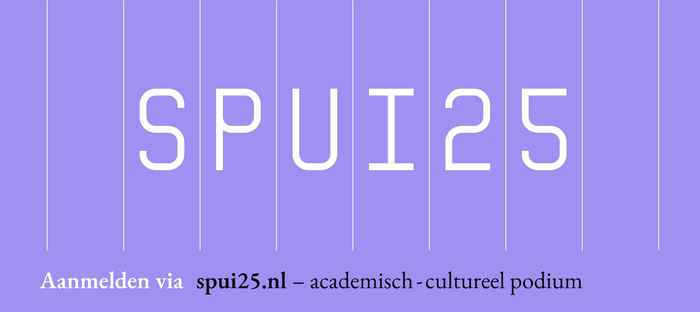Spotlight on Sudan
War, famine, and paths to peace
- Date
- 28 November 2024
- Time
- 17:00
- Location
- SPUI25
In 2019, a popular uprising ended 30 years of dictatorship. But protestors’ aspirations of democracy and a return to civilian rule were soon betrayed. The military hijacked the transitional government before disintegrating into violence, as former allies vied for power. From Khartoum, the violence spread, engulfing much of the country.
The impact on ordinary Sudanese is staggering. Violence and extreme shortages of food, water, medicine, and fuel have displaced 13 million people. In a country where hunger is frequently a weapon of war, half the population (26 million) suffer acute food insecurity, and 8.5 million people face famine. Fanned by the ambitions of internal actors and external economic and political interests, peace remains elusive.
Together with a distinguished panel of experts, we unpick the complexities of Sudan’s unfolding crisis. We will discuss the roots of the war; analyse its key players and discover the internal and external factors fuelling the conflict. We will consider the war’s impact on the wider region, as well as the effects of an international community distracted by conflict in Gaza and Lebanon. Finally, we will discussing potential futures and outline which role – if any – the Netherlands and its citizens can play in ending the crisis.
This evening will be a book presentation, followed by a discussion on migration, history, memory, and food, with scholars Alma Igra and Matthijs Lok, moderated by Marta Morvillo.
SPUI25 is the academic-cultural podium of Amsterdam. Since 2007, we have been giving scientists, authors, artists and other thinkers the opportunity to shine a light on issues that occupy, inspire or concern them. In cooperation with a large number of academic and cultural partners, we organize between 250 and 300 freely accessible programs per year. These are enriching, often interdisciplinary programs that move between science and culture, fact and fiction.
SPUI25 is one of the UvA podia in the University Quarter.

